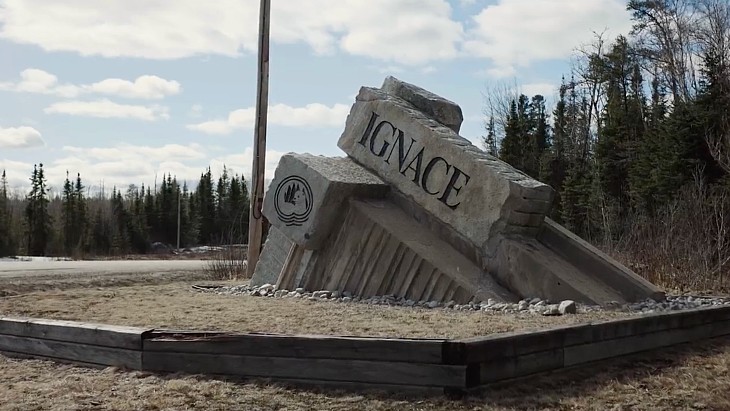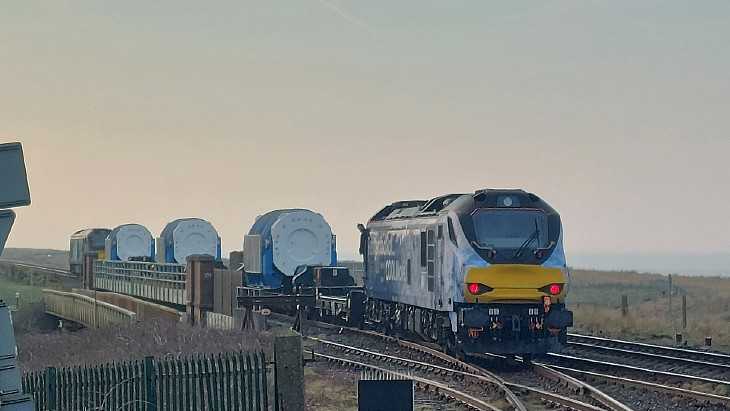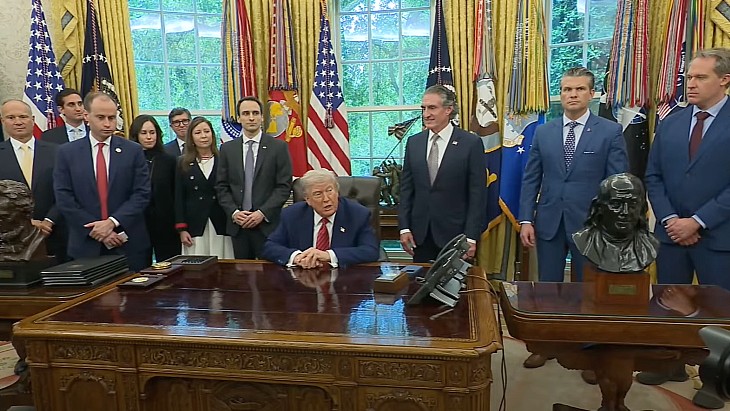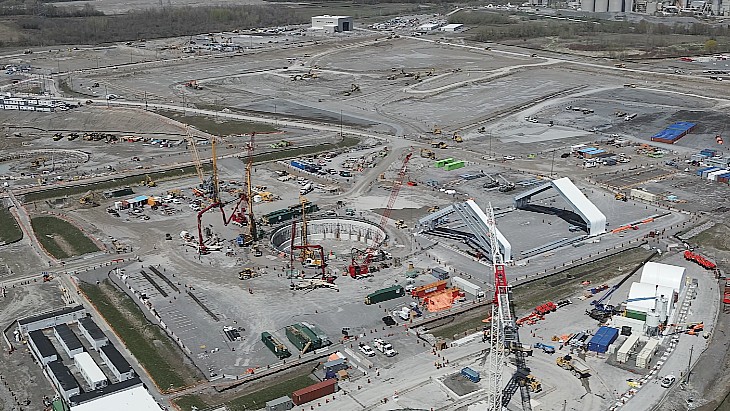Swedish regulator maintains positive repository assessment
.jpg)
The government announced on 26 August its decision to approve an expansion of the existing Clab interim repository for used fuel while continuing to consider SKB's application for an encapsulation plant and final repository. A new round of consultations on these with SSM and the Nuclear Waste Council subsequently began. The decision came despite industry warnings that separating the applications would create future disruptions to electricity supply due to a lack of interim used fuel storage capacity.
The government referral on the final repository application included questions related to the ability of the copper canisters to contain the used nuclear fuel in the long-term in light of two recent scientific studies concerning the canister's two construction materials: copper and ductile iron.
SSM said it has reviewed and evaluated the relevance of the studies for SKB's final repository application.
"Our conclusion is that the two studies do not contain facts that mean that we need to change our assessment that SKB's application has the prerequisites to meet our regulatory requirements," said SSM's Lisa Ranlöf.
The regulator noted that one of the studies is a scientific article on copper corrosion and the other is a thesis carried out in Finland on the ageing of ductile iron.
"Although the two studies are interesting from a basic scientific perspective, they are basically about questions about the canister's protective ability that we have previously looked at and examined when we prepared SKB's application," said Henrik Öberg, an inspector at SSM.
The government also asked whether SSM considers there is information from the so-called LOT trials - field trials carried out over a long period at the Äspö laboratory - which need to be reported and which are important for the assessment of the final repository's protective capacity. The ongoing LOT tests are focused on identifying and quantifying any mineralogical alterations in the bentonite exposed to typical repository-like conditions. Further, buffer-related processes concerning copper corrosion, cation transport and bacterial survival/activity are being studied.
In March, SSM completed a review of SKB's analysis and reporting in connection with the recently completed LOT stages A3 and S2.
"We found in that review that the results are in line with what can be expected based on established knowledge about corrosion processes for copper in the final repository environment, and that the results also correspond well with previously conducted LOT tests," Öberg said. "Therefore, SSM considers that no further reporting on the LOT trials is necessary."
SSM noted that it has, in accordance with the Nuclear Activities Act, carried out a comprehensive review of SKB's applications from 2011 for permission to build an encapsulation plant and a final repository for used nuclear fuel. In January 2018, the authority approved SKB's applications to build a final repository in Forsmark and an encapsulation plant in Oskarshamn. In a consultation opinion in 2019, SSM also assessed that SKB had satisfactorily investigated and answered the specific questions posed by the Land and Environmental Court about the copper canister's long-term durability in the final repository system.
Costly delay
In a 15 October webinar organised by SKB, all the participants shared the view that there is already a complete basis for the government to be able to make decisions on the admissibility issue of the final repository system.
"We are questioning the handling of this issue," said SKB CEO Johan Dasht. "Old questions are sent out for consultation even though the expert authority has already said yes. In all other matters, they trust their expert authorities. We have repeatedly asked if the government lacks any basis for making a decision on the final repository and received no answer." He noted that the delayed decision will lead to annual costs of between SEK900 million and SEK1 billion (USD105-116 million).
Speaking at the webinar, SSM's Ranlöf said: "It is the decision-makers who decide when a decision is made, but our assessment is that there is sufficient evidence to make a decision on the permit issue."
A similar geological repository for used fuel is planned at Olkiluoto in Finland. The Finnish government granted a construction licence for that project in November 2015 and construction work on the repository started a year later.
Tiina Jalonen, development manager at SKB's Finnish counterpart Posiva, spoke about how far the process towards a completed final repository has come in Finland. "We do not have the same political debate on the issue of final repository in Finland," she said. "In general, the political atmosphere around the final repository issue is good and the common picture is that it is better for us to take care of the used nuclear fuel than to postpone the decision further."
_17992.jpg)
_75800.jpg)









